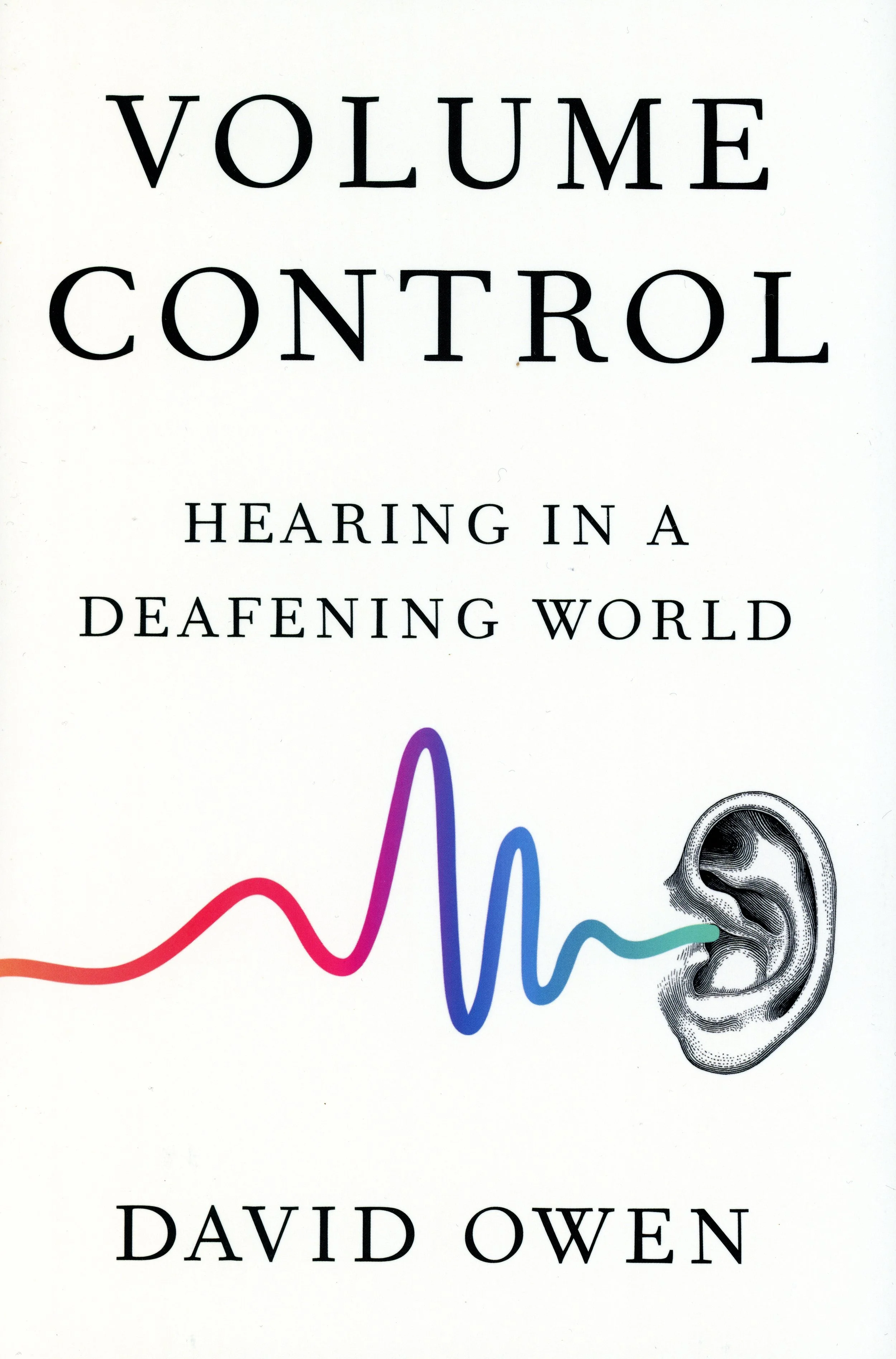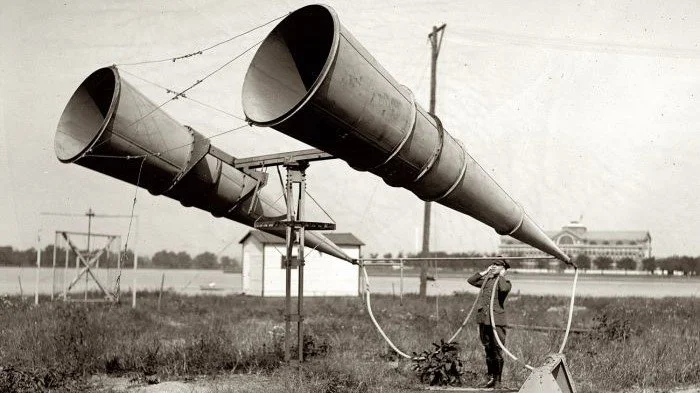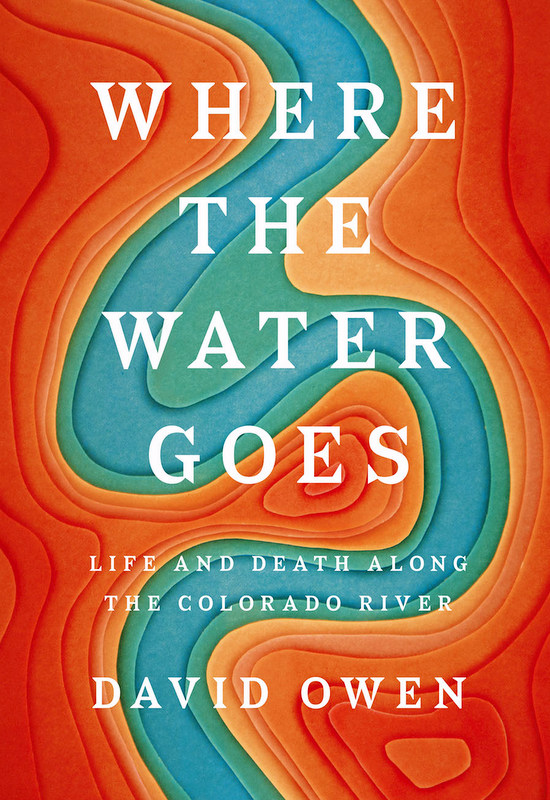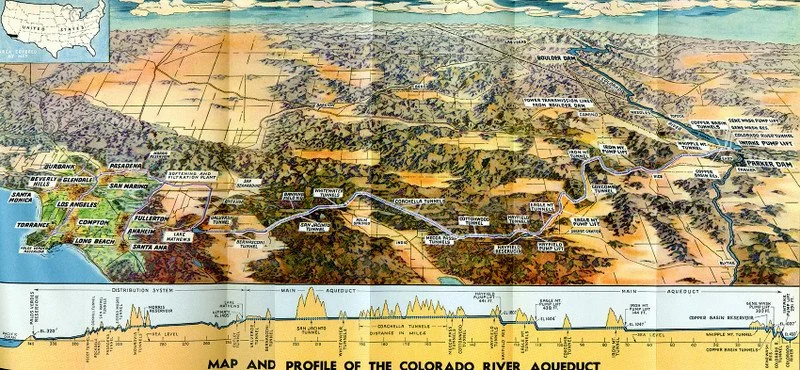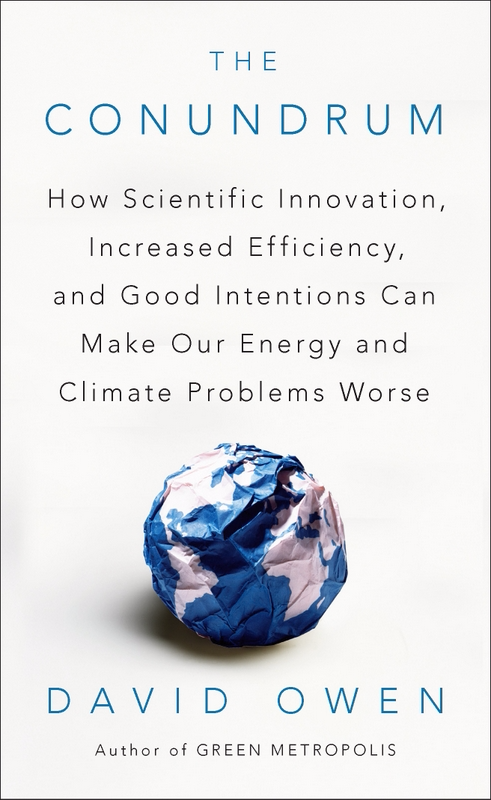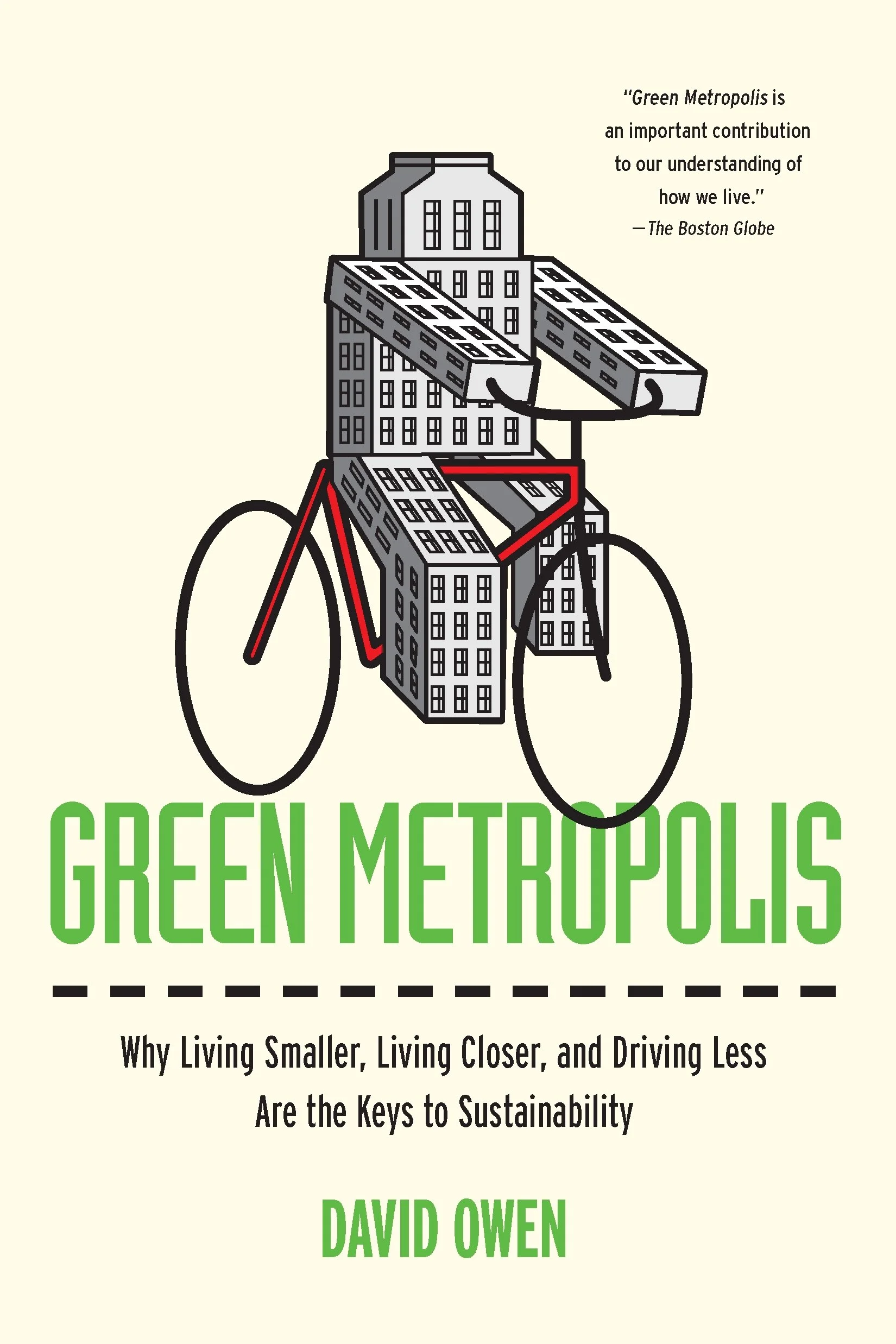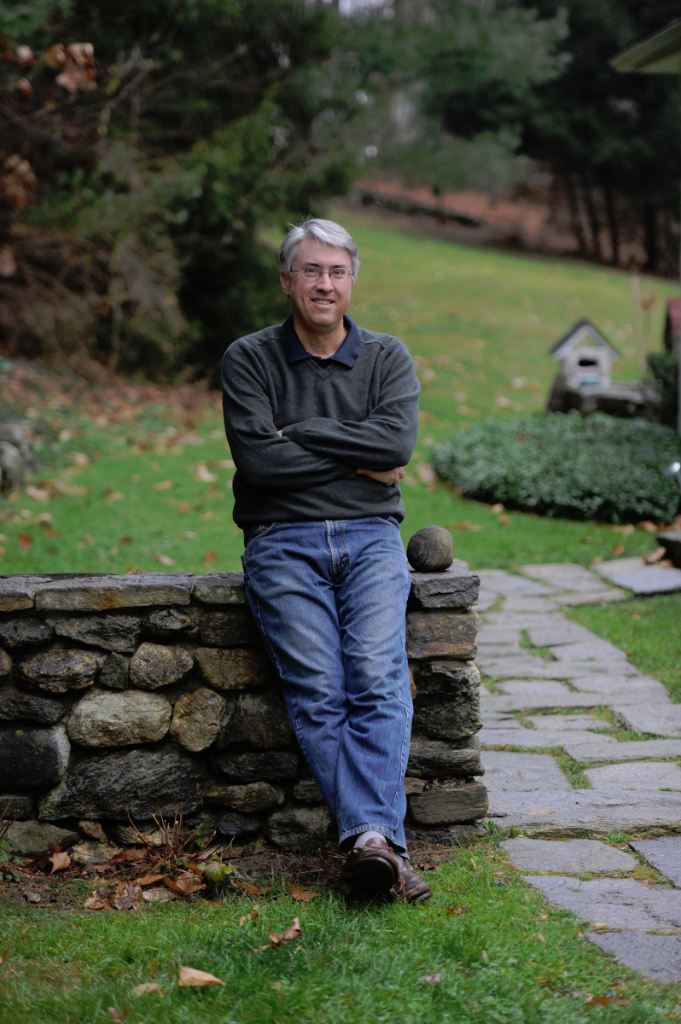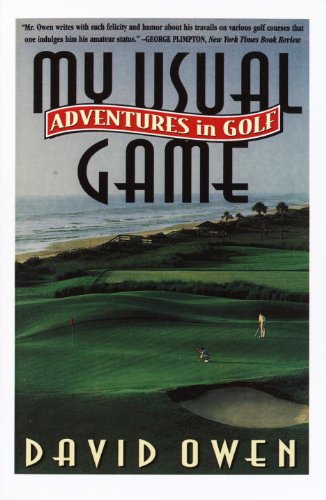From Volume Control:
When my mother’s mother was in her early twenties, a century ago, a suitor took her duck hunting in a rowboat on a lake near Austin, Texas, where she grew up. He steadied his shotgun by resting the barrel on her right shoulder—she was sitting in the bow—and when he fired he not only missed the duck but also permanently damaged her hearing, especially on that side. The loss became more severe as she got older, and by the time I was in college she was having serious trouble with telephones. (“I’m glad it’s not raining!” I shouted, for the third or fourth time, while my roommates snickered.) Her deafness probably contributed to one of her many eccentricities: ending phone conversations by suddenly hanging up.
I’m a grandparent myself now, and I know lots of people with hearing problems. A guy I sometimes play golf with came close to making a hole- in- one, then complained that no one in our foursome had complimented him on his shot—even though, a moment before, all three of us had complimented him on his shot. (We were walking behind him.) My parents-in-law, like many older people, have a hard time ignoring a ringing telephone but also a hard time hearing what callers are saying; they have turned up the volume on their kitchen telephone so high that even if you’re in another room you can’t help but eavesdrop. The man who cuts my wife’s hair has begun wearing two hearing aids, to compensate for damage that he attributes to years of exposure to professional-quality blow-dryers. My sister has hearing aids, too. She traces her problem to repeatedly listening at maximum volume to Anne’s Angry and Bitter Breakup Song Playlist, which she created while going through a divorce. I know several people who seem to be hard of hearing but could probably be described more accurately as hard of listening—a condition that often coexists with deafness, or transitions into it, and makes it worse. One of my wife’s grandfathers lost most of his hearing in old age, and another relative said of him, “He never did listen, and now he can’t hear.”
Fortunately, hearing aids are improving and becoming more versatile, and the decades-old laws and business practices that have made them unaffordable for most of the people who need them are changing. Inexpensive high-tech substitutes, including apps for smartphones, are increasingly available. Relatively soon, physicians may be able to reverse losses that have always been considered hopeless. By the time we truly can’t hear what our spouses and coworkers are telling us—and before our children and grandchildren have ruined their own hearing with the technological marvels that they’ve acquired with help from us—our deafness may be curable with a pill or an injection or an outpatient operation or a snip of a chromosome. Even tinnitus, which has defeated all efforts at eradication, may fully yield to relatively simple treatments or techniques. A scientist who has helped develop inexpensive alternatives to traditional hearing aids told me, “There is no better time in all of human history to be a person with hearing loss.”
"A wide-ranging exploration of our vital sense of hearing, and the consequences when it wanes. Owen makes accessible not only the fascinating biology of hearing, but the complexities of remedying its loss."
—Jerome Groopman, author of The Anatomy of Hope.
"As this book makes clear, most of us will encounter hearing loss at some point in our lives; we all stand to gain from reading Volume Control for practical reasons alone. But David Owen brims with a curiosity that's beautifully matched by his journalistic alacrity. How many times I beamed with sheer delight simply to follow the author down one fascinating path after another."
—Leah Hager Cohen, author of Train Go Sorry: Inside a Deaf World.
"Owen is an erudite and entertaining guide not only to the new technologies that make hearing aids better and more affordable but to the myriad byways and curiosities he encounters in his research."
—Katherine Bouton, author of Shouting Won't Help.
"David Owen aptly addresses the medical, emotional, and social aspects of hearing loss, along with some surprising revelations about technology and hearing aids. He presents the latest information in a way that makes you want to keep reading."
—Barbara Kelley, executive director, Hearing Loss Association of America.
Volume Control (ISBN 978-0525534228), published by Riverhead Books. You can order a copy from Amazon, Barnes and Noble, IndieBound, Books-A-Million, and other sellers.
“Informative and entertaining. . . . In clear, appealing prose, Owen explains how loud sounds—machinery, live music, etc.—can leave people no longer noticing smoke alarms, sirens, gunshots, and backup signals. . . he makes earwax interesting. . . . The book brims with useful advice.”
—Kirkus Reviews (starred review)
“Timely and informative. . . . This well-researched and accessible introduction to the complicated subject of hearing loss is highly recommended for all science readers, not just those experiencing hearing impairments.”
—Library Journal (starred review)
Where the Water Goes (ISBN 978-1-59463-377-5), published by Riverhead Books. You can order a copy from Amazon, Barnes and Noble, IndieBound, Books-A-Million, iBooks, and other sellers.
From Where the Water Goes:
The Colorado provides an especially useful introduction to water issues because we literally use it up. The river’s historical outlet is at the northern end of the Gulf of California, also known as the Sea of Cortez, where the Baja Peninsula joins the mainland like an arm attaching itself to a torso. But people who depend on the Colorado divert so much water as the river winds through the southwestern United States that since the early nineteen-sixties it has seldom flowed all the way to the end, and since the late nineteen-nineties has made it only once. There’s a point, not far from the border, where the water simply runs out, and from there to the gulf what ought to be the river’s streambed becomes difficult to distinguish from the arid expanse on either side. For most of the past fifty years, the Colorado’s historical delta, which once was a complex and intermittently verdant wetland, has been a million-acre desert. People who drive into or out of the town of San Luis Rio Colorado, in the Mexican state of Sonora, sometimes complain about having to pay a six-peso toll to cross a bridge that spans only sand.
"It's a rare writer who can explain the inexplicable, but David Owen manages to do just that. Where the Water Goes is at once informative, entertaining, and unsparing—essential reading for anyone who cares about the American West."
— Elizabeth Kolbert, author of The Sixth Extinction.
"An important work that brings the questions surrounding water use in the American Southwest forward to the era of climate change. With humor, an acute eye, and unshowy skill, Owen has written a book that deserves to stand with Marc Reisner's classic, Cadillac Desert."
— Ian Frazier, author of Great Plains, On the Rez, and Hogs Wild.
"I have traveled the American West all of my life and thought that I knew everything about its fabled water wars. But David Owen fills in so many gaps that I feel I've been to water reeducation camp. Whether you read for fun or edification, this is a gem."
— Rinker Buck, author of The Oregon Trail: A New American Journey.
"Fascinating, thoughtful, and wise. David Owen is an extraordinarily gifted writer."
— Bill Bryson, author of The Road to Little Dribbling and A Walk in the Woods.
For more about Where the Water Goes—including photographs—go here.
"From those first lines, Mr. Owen owns our attention. We have a lot to learn, but this is not a textbook. What Mr. Owen offers is a detail-rich travelogue, an amalgam of memoir and journalism and history, moving across a watershed that sustains 36 million people from Wyoming to Mexico. This wonderfully written book covers issues that will, or should, give you a headache. But it is a good headache, one that makes you a more informed person. Mr. Owen writes about water, but in these polarized times the lessons he shares spill into other arenas. The world of water rights and wrongs along the Colorado River offers hope for other problems. We all want our fair share of water, but maybe, just maybe, we can get it without draining our neighbor's pipes." —Wall Street Journal
“Very few pieces of writing are capable of changing the way you think about the world. The Conundrum is one of them. And unlike many other such books, but like everything else David Owen has written, it is clear, funny, graceful, and concise.”
— James Fallows, National Book Award–winning author of Postcards from Tomorrow’s Square
“Penetrating… The crusading author zooms out to see the entire picture, noting that ‘what appear at the time to be valuable environmental breakthroughs often turn out to be long-term disasters in the making’.” — Publishers Weekly
The Conundrum (ISBN 978-1594485619), published by Riverhead Books. You can order a copy from Amazon, Barnes & Noble, IndieBound, and other booksellers.
Green Metropolis (ISBN 978-1594484841), published by Riverhead Books. You can order a copy from Amazon, Barnes & Noble, IndieBound, and other booksellers.
